ARMED FORCES SPECIAL POWERS ACT – Explained (in simple words)
What does it stand for?
AFSPA stands for Armed Forces Special Powers Act.
How it started?
It was first enacted by the Britishers in 1942 to suppress Quit India Movement.
Later, The Armed Forces Special Powers Bill was passed by both the Houses of Parliament and it was approved by the President on September 11, 1958. It became known as the Armed Forces Special Powers Act, 1958.
In the following decades it spread, one by one, to the other Seven Sister States in India’s northeast(at present it is in force in Assam, Nagaland, Manipur excluding Imphal municipal council area, Changlang, Longding and Tirap districts of Arunachal Pradesh). Another one passed in 1983 and applicable to Punjab and Chandigarh was withdrawn in 1997, roughly 14 years after it came to force. An Act passed in 1990 was applied to Jammu and Kashmir and has been in force since.
What powers does it give to the Armed forces?
AFSPA gives armed forces the power to maintain public order in “disturbed areas”. They have the authority to prohibit a gathering of five or more persons in an area. They can use force or even open fire after giving due warning if they feel a person is in contravention of the law. If reasonable suspicion exists, the army can also arrest a person without a warrant. They can enter or search a premises without a warrant; and ban the possession of firearms.
Any person arrested or taken into custody may be handed over to the officer in charge of the nearest police station. They also need to give a report detailing the circumstances that led to the arrest.
What is a “disturbed area”?
An area can be disturbed due to differences or disputes between members of different religious, racial, language or regional groups or castes or communities. The Central Government, or the Governor of the State or administrator of the Union Territory can declare the whole or part of the State or Union Territory as a disturbed area.
According to The Disturbed Areas (Special Courts) Act, 1976 once declared ‘disturbed’, the area has to maintain status quo for a minimum of 3 months.
Who is Irom Sharmila and how is she related to AFSPA?
Manipur’s Irom Sharmila has been one if its staunchest opponents, going on a hunger strike in November 2000. She continued her vigil till August 2016. She did so because of an incident in the town of Malom in Manipur. In that ten people were killed waiting at a bus stop.
Read more about her here: https://en.wikipedia.org/wiki/Irom_Chanu_Sharmila
Supreme Courts view
Supreme Court has said that any encounter carried out by armed forces in the garb of AFSPA should be subjected to thorough inquiry.
In the words of supreme court “It does not matter whether the victim was a common person or a militant or a terrorist, nor does it matter whether the aggressor was a common person or the state. The law is the same for both and is equally applicable to both. This is the requirement of a democracy and the requirement of preservation of the rule of law and the preservation of individual liberties.”
My take?
Even though it looks harsh on the surface, it is necessary for maintaining the law and order in the area. The area is declared “disturbed area” for a reason. The state police could not deal with it, hence armed forces have to take over.
Now, this comes in handy in a scenario when an officer has to make quick decision. A decision that could affect the situation in adverse manner. In that instant we don’t want the officer to think about his career. Or about the inquiry that can be ordered on him, but do what he feels is required.
If in case any violation happens, internal enquiries are there which work impartially to do the justice.
Also, the claims of Human Rights violations are baseless and mostly propaganda’s of our good neighbour Pakistan. Indian Army is a professional and moral army.
Further reading: security-challenges-management-border
Do you leave you comments/suggestions/questions below.
Jai Hind !


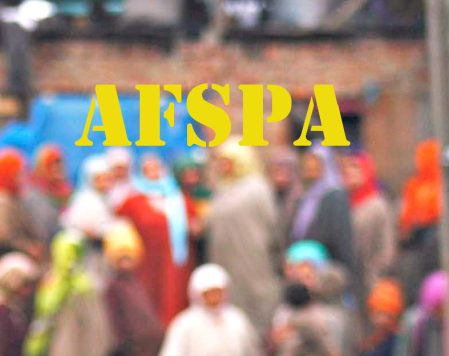
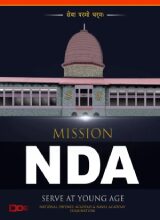

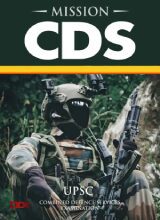
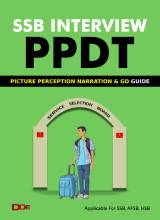
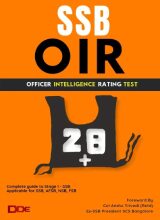
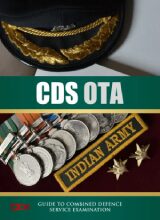
 Buy Now on Amazon
Buy Now on Amazon
